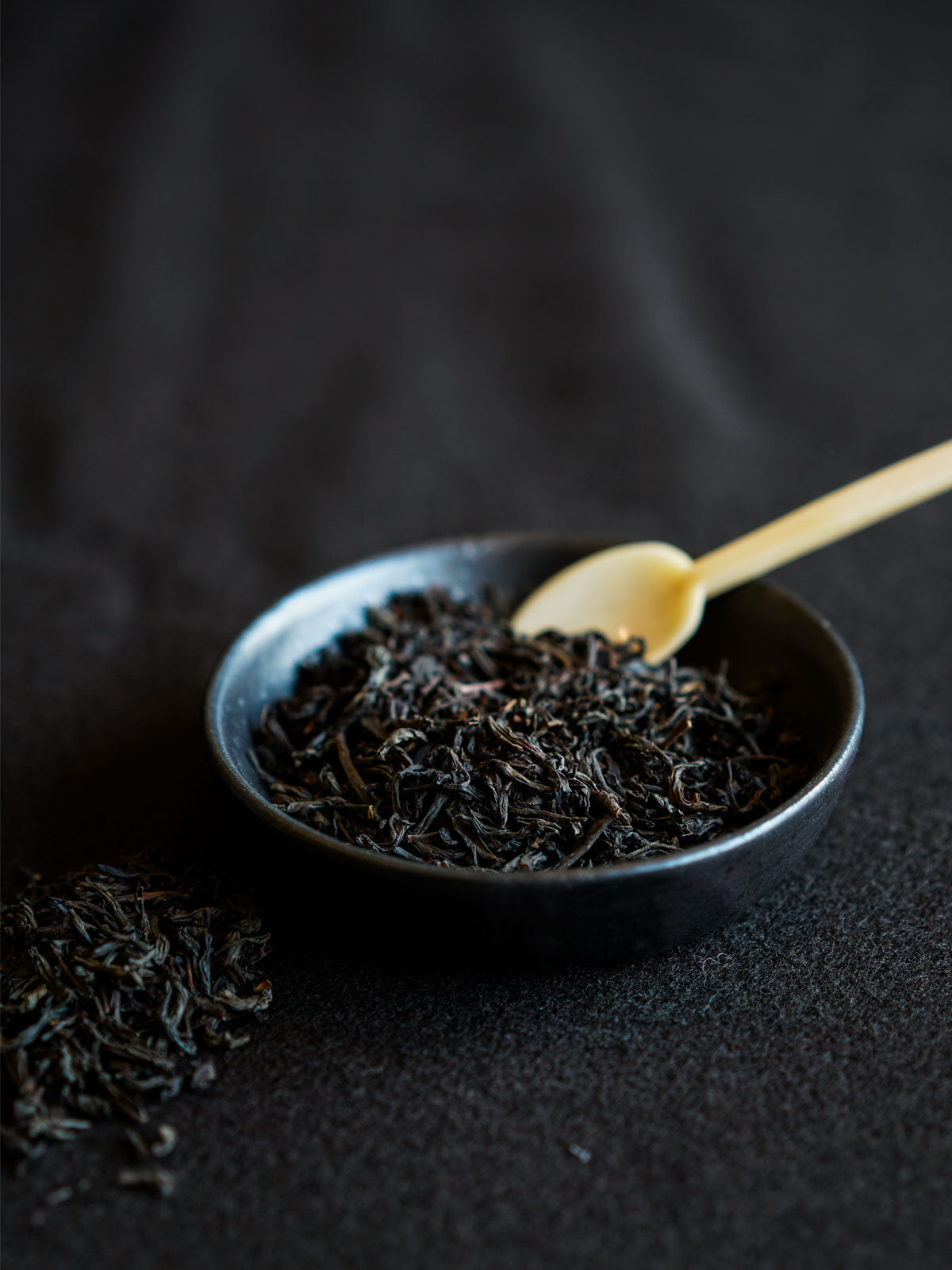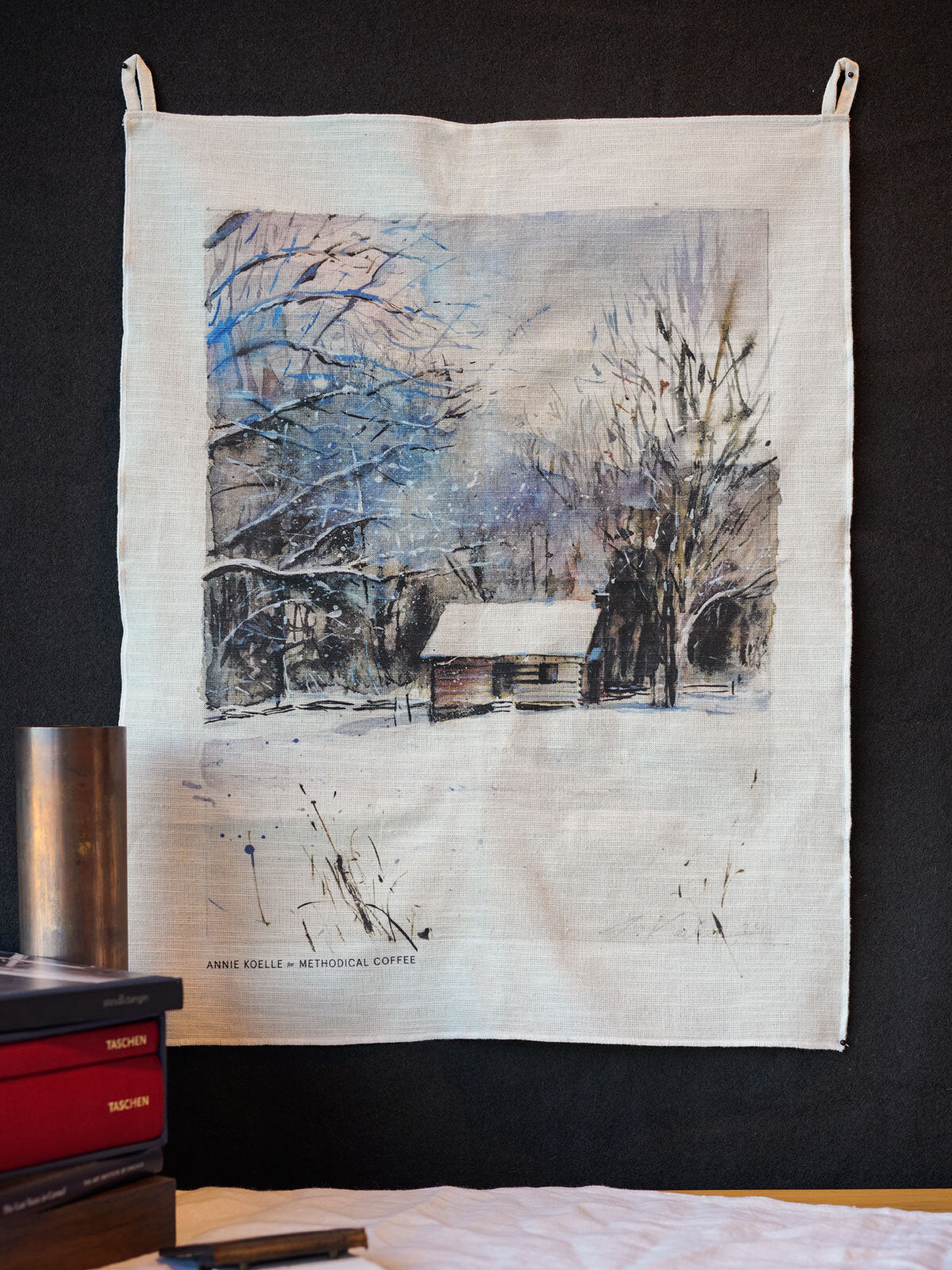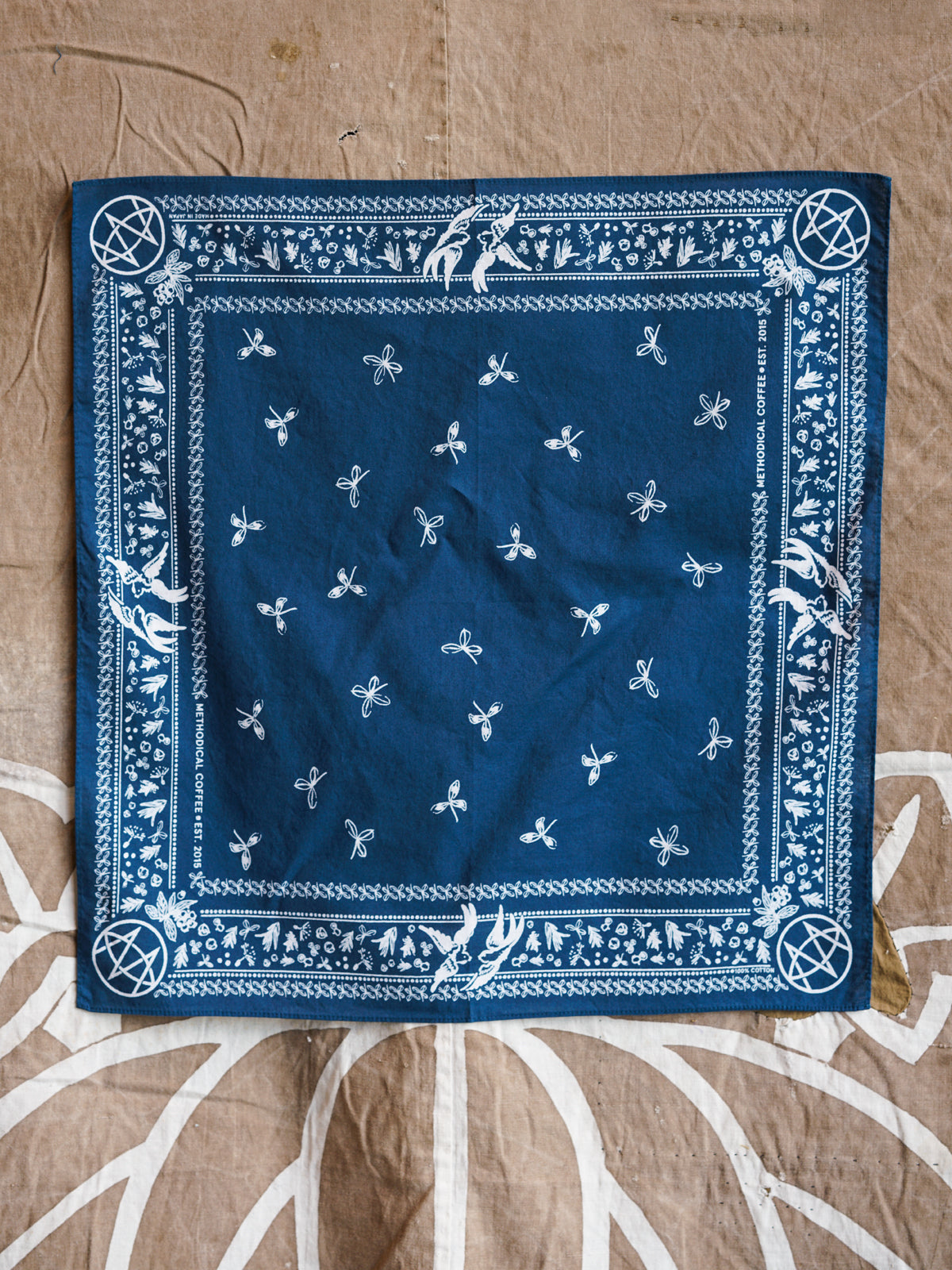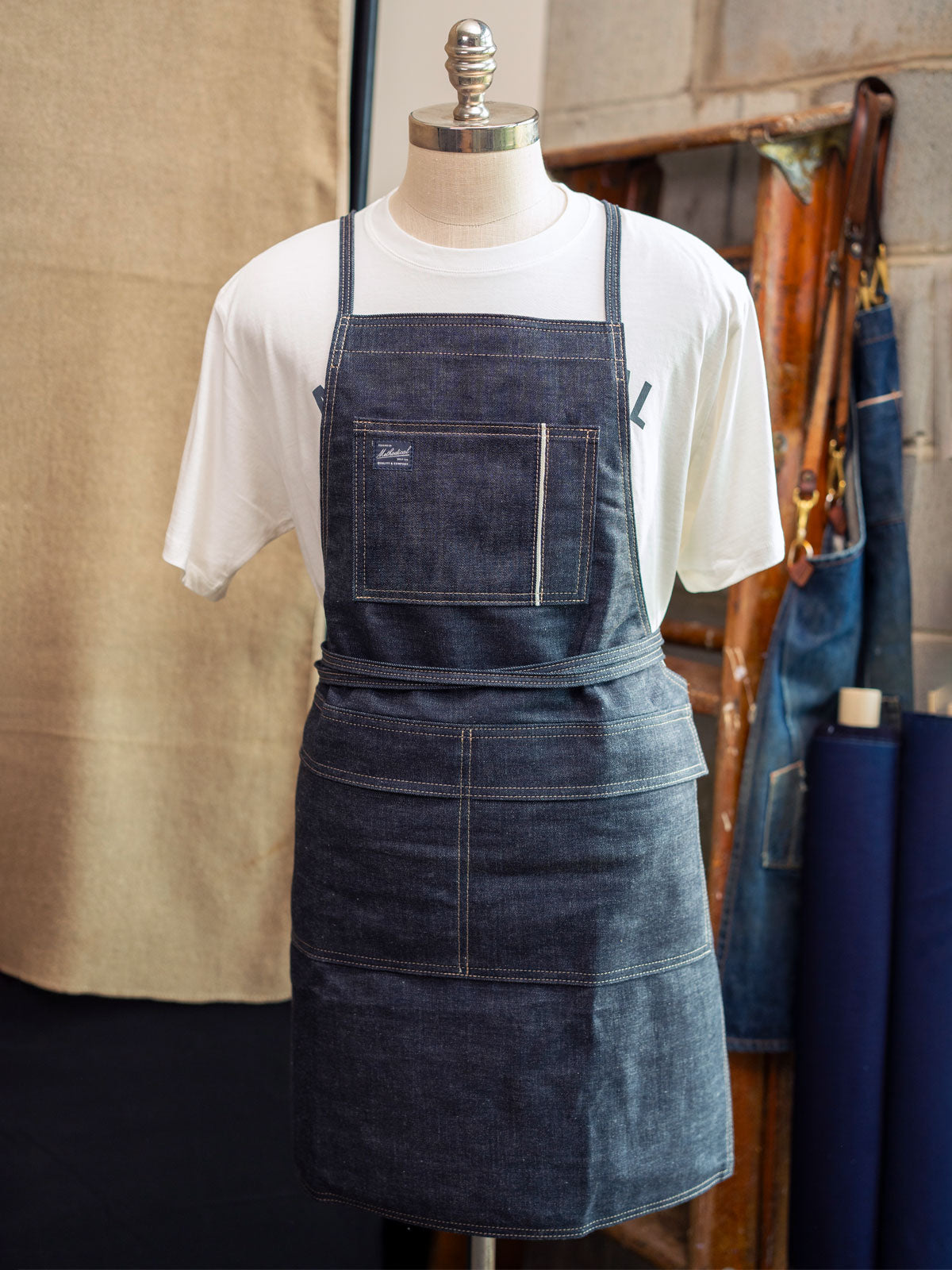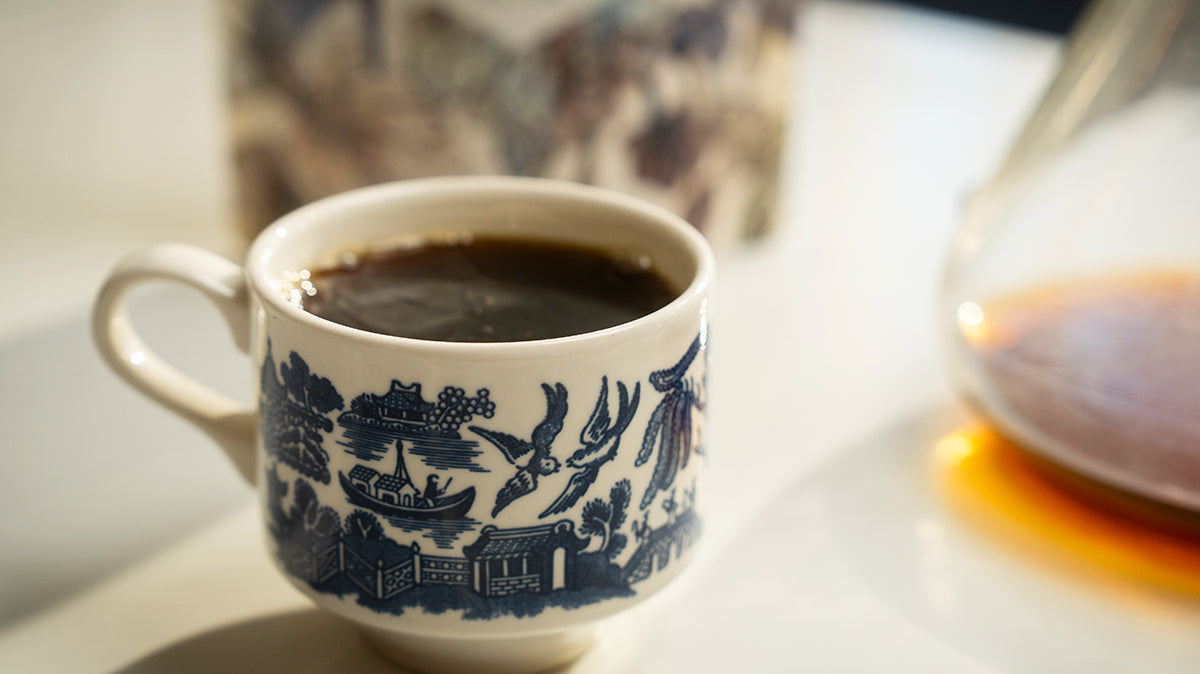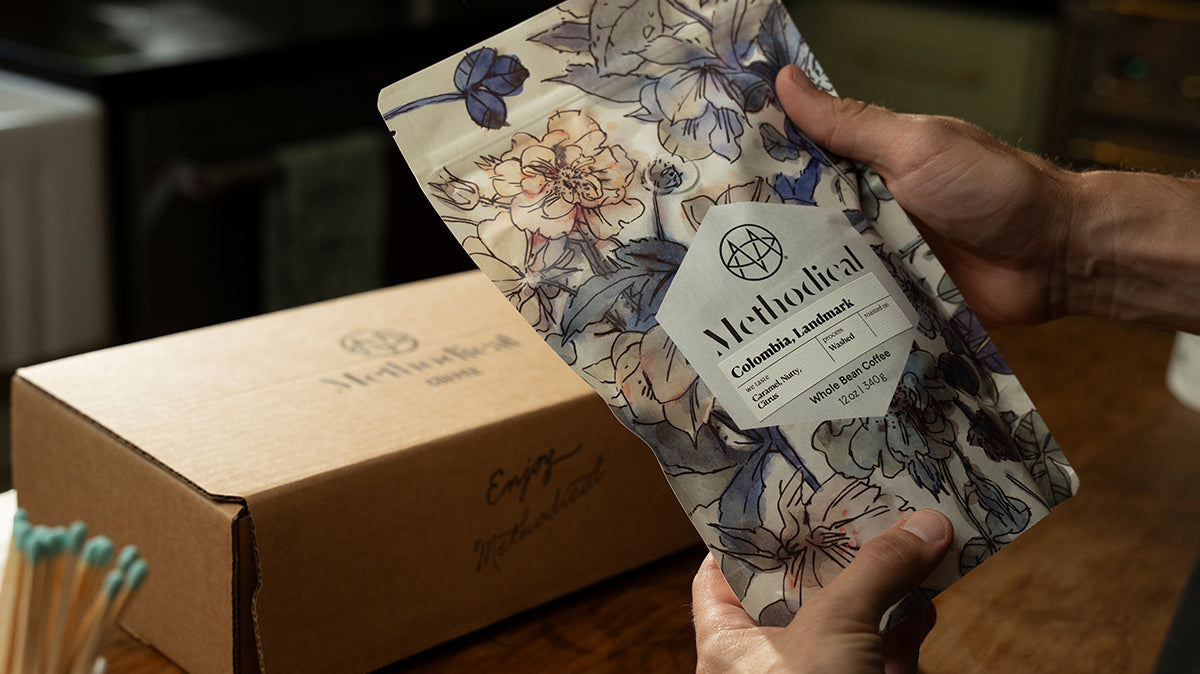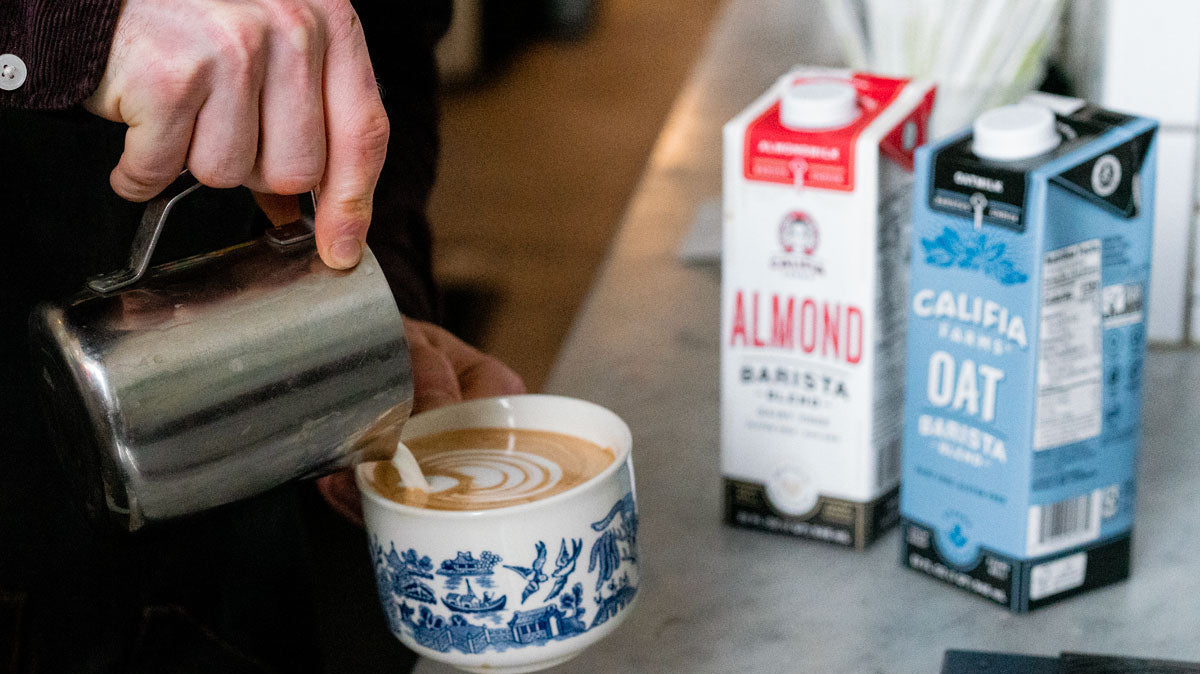Black coffee often gets a bad reputation. For some, it’s too bitter. For others, it feels like something you should like rather than something you genuinely enjoy. But when brewed thoughtfully and made with quality coffee, black coffee can be one of the most balanced and expressive ways to experience what coffee has to offer.
Enjoying black coffee isn’t about giving anything up. It’s about starting with the right coffee, brewing for balance instead of intensity, and learning how to notice sweetness, texture, and nuance in the cup. Whether you’re cutting back on cream and sugar or simply curious about tasting coffee in its purest form, this guide will walk you through how to enjoy black coffee at your own pace, and on your own terms.
What is Black Coffee?
At its simplest, black coffee is just ground coffee and hot water—no milk, no cream, no sugar. That simplicity is exactly why it can feel intimidating. Without anything to soften or sweeten the beverage, all of the coffee’s natural characteristics are front and center.
What black coffee isn’t, however, is supposed to be punishing or unpleasant. If a cup tastes aggressively bitter, thin, or burnt, that’s not a requirement of black coffee. It’s usually a sign that something went wrong, either with the coffee itself or how it was brewed.
Why Many People Choose to Drink Coffee Black
For many coffee drinkers, choosing to drink coffee black isn’t about discipline but learning to appreciate the subtle nuances of coffee flavor. Drinking coffee without milk or sugar allows the natural flavors of the coffee to come through more clearly, revealing qualities that are often hidden once additions enter the cup.
Black coffee also makes it easier to notice differences between coffees. Origin, roast level, and processing method all become more apparent when nothing is masking them. A washed coffee might taste clean and structured, while a naturally processed coffee may lean fruit-forward and sweet. Over time, this can turn an everyday cup of coffee into something more intentional and engaging.
There’s a practical side as well. Drinking coffee black means no added sugars or calories, which appeals to people who want to keep things simple or are mindful of what they consume throughout the day. It’s also convenient—no measuring, mixing, or waiting for milk to steam. Just coffee, brewed well.
For others, drinking black coffee is about developing their palate. As you spend more time with coffee in its simplest form, your sensitivity to sweetness, acidity, and balance increases. What once tasted sharp or bitter often starts to feel nuanced and layered instead. Many people find that once this shift happens, they don’t miss cream or sugar at all.
What Makes Coffee Taste Bitter?
Bitterness is naturally produced while coffee solubles are extracted during the coffee brewing process. Coffee’s soluble materials include caffeine, acids, sugars, lipids, and carbohydrates, which all contribute to coffee’s flavor. Chlorogenic acid is the particular acid to blame for coffee’s bitterness. Though this acid is found in all coffee, that doesn’t mean all coffee needs to taste unpleasantly bitter.
There is a science and an art to producing a balanced cup of coffee. This starts with the varietal of bean used. Arabica beans have significantly less chlorogenic acids than its sibling, Robusta. This is one of the primary reasons Arabica is the most popular varietal of coffee bean consumed. But how the coffee is roasted and how it’s brewed also contribute to producing a balanced and pleasant cup of coffee.
During the roasting process, chlorogenic acids are broken down into lactones and phenylindanes. Acid lactones contribute to a pleasant coffee-like bitterness, whereas phenylindanes contribute to the unpleasant type of bitterness we desire to mask. The longer coffee is roasted, the higher the presence of phenylindanes. This is why darker roasted coffees taste more bitter than lighter or medium roasted coffees.
Good Black Coffee Starts with the Right Coffee
If you’re learning to enjoy black coffee, the coffee itself matters more than anything else. The right roast level, origin, and freshness can make the difference between a cup that feels harsh and one that’s balanced, sweet, and genuinely enjoyable.
Medium Roast Coffees (Balanced and Approachable)
Medium roast coffees are often the most approachable place to start when drinking coffee black. They strike a balance between sweetness, acidity, and body, without leaning too far into sharp brightness or heavy roast flavors.
While very light roasts can be exciting, they can also come across as overly acidic or sour to some drinkers—especially when enjoyed without cream or sugar. Medium roasts tend to feel rounder and more familiar, with notes like caramel, chocolate, toasted nuts, or gentle fruit that are easier to appreciate on their own.
Browse Methodical’s contemporary, medium-bodied coffees →
Single-Origin Coffees (Clear, Distinct Flavors)
Single-origin coffees are an excellent choice for black coffee because they tend to showcase clearer, more identifiable flavor characteristics. Since the coffee comes from one region or farm, it’s easier to notice how origin influences taste, whether that’s citrusy brightness, cocoa sweetness, or a silky, tea-like body.
Drinking single-origin coffee black allows you to experience those nuances without anything masking them, making each cup feel intentional rather than generic.
Browse Methodical's single origin coffees →
Freshness Makes a Bigger Difference Than You Think
Freshly roasted coffee is essential when drinking coffee black. As coffee ages, it loses sweetness and complexity, and bitterness becomes more noticeable. Grinding fresh roasted coffee right before brewing helps preserve the flavors that make black coffee enjoyable in the first place.
If a cup tastes flat, dull, or overly bitter, freshness is often the culprit.
Choose a Balanced Brewing Method
When drinking black coffee, brewing method matters just as much as the beans themselves. Different methods emphasize different aspects of a coffee’s flavor—acidity, sweetness, body, and clarity—which can dramatically change how enjoyable a cup feels without milk or sugar.
Pour Over
Learn how to make a pour over coffee →
Pour over methods like the V60 or Kalita Wave are popular for black coffee because they highlight clarity and definition. These brews tend to showcase a coffee’s acidity, sweetness, and origin character more clearly than many other methods.
If you enjoy tasting distinct flavor notes—citrus, stone fruit, chocolate, or florals—pour over brewing often makes those easier to identify. The body is typically lighter and cleaner, which many people find refreshing when drinking coffee black.
Chemex
Learn how to brew Chemex coffee →
The Chemex is similar to pour over but uses thicker filters, which remove more oils from the coffee. The result is a very clean, smooth cup with softened bitterness and a lighter mouthfeel.
For black coffee drinkers who are sensitive to bitterness or heaviness, Chemex brews can feel especially approachable. The flavors tend to be delicate and balanced, making this a great option for medium roasts with caramel or nutty notes.
AeroPress
Learn how to make AeroPress coffee →
The AeroPress is one of the most versatile tools for black coffee. Depending on how it’s brewed, it can produce anything from a concentrated, espresso-like cup to something closer to a clean filter coffee.
When dialed in for balance, AeroPress coffee often has a fuller body than a pour over but less bitterness than traditional immersion methods. This makes it a strong option for people transitioning to black coffee, since it offers richness without overwhelming the palate.
French Press
Learn how to brew French Press coffee →
French press brewing produces a heavier-bodied coffee with more oils and texture. When drinking it black, you can expect a richer mouthfeel and deeper flavors, often leaning toward chocolate, nutty, or earthy notes.
Because this method extracts more oils, it can also highlight bitterness if the grind or brew time isn’t dialed in. When done well, though, French press black coffee can feel comforting and substantial rather than harsh.
Cold Brew
Learn how to make cold brew coffee →
Cold brew is often the easiest entry point into drinking black coffee. Because it’s brewed with cold water over a long period of time, it extracts fewer bitter compounds and tends to taste smoother and naturally sweeter.
The flavors are usually more muted and rounded, with less acidity than hot-brewed coffee. While it may not showcase the nuance of pour-over, cold brew can be a great option if you’re easing into black coffee or prefer a mellow cup.
Practical Tricks to Make Black Coffee More Enjoyable
If you’re close to enjoying black coffee but still finding certain cups challenging, a few small adjustments can make a big difference. Here are a few easy, practical ways to help your palate notice balance and sweetness more easily.
1. Let Your Coffee Cool Slightly Before Drinking
Coffee that’s too hot can taste sharper and more bitter than it actually is. As the temperature drops, sweetness and complexity become more noticeable. Letting your coffee cool for a minute or two before your first sip often reveals flavors that were hidden when it was piping hot.
2. Add a Small Amount of Hot Water
If a cup tastes too intense, try turning it into a short Americano by adding a little hot water. This reduces perceived bitterness and strength without masking the coffee’s flavor, making it easier to enjoy black coffee while still tasting the character of the beans.
3. Try Cold Brew as a Starting Point
Cold brew is naturally smoother and lower in bitterness because of how it’s extracted. If hot black coffee feels too aggressive, cold brew can be a gentler way to acclimate your palate while still drinking coffee without milk or sugar.
4. Use Less Coffee, Not More
When transitioning to black coffee, brewing overly strong cups can work against you. Using slightly less coffee or adjusting your brew ratio can bring flavors back into balance, highlighting sweetness and reducing harshness.
5. Taste With Intention, Not Expectation
Instead of bracing for bitterness, take a moment to notice aroma, texture, and finish. Ask yourself what the coffee reminds you of—chocolate, citrus, toasted nuts, or something else entirely. Shifting your focus away from what you don’t like often makes it easier to discover what you do.
Learn how to taste coffee like a pro →
6. Add a Tiny Pinch of Salt
It may sound unusual, but a very small pinch of salt can suppress bitterness and make sweetness more apparent. When used sparingly, it softens sharp edges in the cup and balances out the flavor of the coffee.
Frequently Asked Questions About Black Coffee
Is black coffee healthier than coffee with milk or sugar?
Black coffee contains no added sugar or calories, which is one reason many people choose it. That said, “healthier” is relative. Milk, cream, or sweeteners aren’t inherently bad—they simply change the nutritional profile of your coffee. If you’re focused on minimizing added sugars or enjoying coffee in its simplest form, black coffee is an easy, straightforward option.
Learn more: Health Benefits of Coffee: Why Your Morning Brew is Better Than You Think
How long does it take to get used to drinking coffee black?
For most people, it’s a gradual process rather than an overnight switch. Many find that their palate begins to adjust after a few weeks of drinking coffee with less milk or sugar. As your taste adapts, sweetness and complexity become easier to notice, and bitterness often feels less pronounced.
What kind of black coffee tastes best for beginners?
Medium roast coffees are often the most approachable starting point for drinking coffee black. They tend to offer balanced sweetness, body, and acidity without being too bright or too roasty. Single-origin coffees with chocolate, caramel, or gentle fruit notes are especially beginner-friendly when brewed well.
Is dark roast coffee bad to drink black?
Not at all—but it can be more challenging for some people. Dark roasts often emphasize roast-driven flavors like smoke or bitterness, which can feel intense without milk. If you enjoy bold, full-bodied coffee, dark roasts can be satisfying black, especially when brewed carefully to avoid over-extraction.
Is black coffee supposed to taste sour or acidic?
Some acidity is natural and desirable in coffee, especially in higher-quality beans. Acidity can taste bright, crisp, or citrusy rather than sour. If your coffee tastes sharply sour, it may be under-extracted or brewed with water that’s too cool. Proper extraction helps balance acidity with sweetness and body.
Can I still enjoy black coffee if I don’t like bitter flavors?
Yes. Many coffees—especially medium roasts and naturally processed beans—offer sweetness and complexity that don’t rely on bitterness. Brewing adjustments, choosing the right coffee, and allowing your palate time to adapt can make black coffee enjoyable even if you’re sensitive to bitter flavors.
Enjoying Black Coffee Starts with Better Coffee
Learning to enjoy black coffee isn’t about following rules or forcing your palate to change overnight. It’s about starting with good coffee, brewing it with care, and giving yourself the space to notice what’s actually in the cup. With the right beans and a balanced approach, black coffee can be expressive, approachable, and surprisingly sweet.
If you’re ready to explore black coffee for yourself, start with thoughtfully sourced, freshly roasted coffee that’s designed to shine on its own. Methodical Coffee’s lineup of medium-roast and single-origin coffees is crafted with balance and clarity in mind—making it an ideal place to begin your black coffee journey.
You might also like:
- How to Get Into Coffee: A Guide to Coffee for Beginners
- 8 Healthy Ways to Sweeten Coffee Without Sugar
- 8 Best Non-Dairy Milks for Coffee (Ranked)


